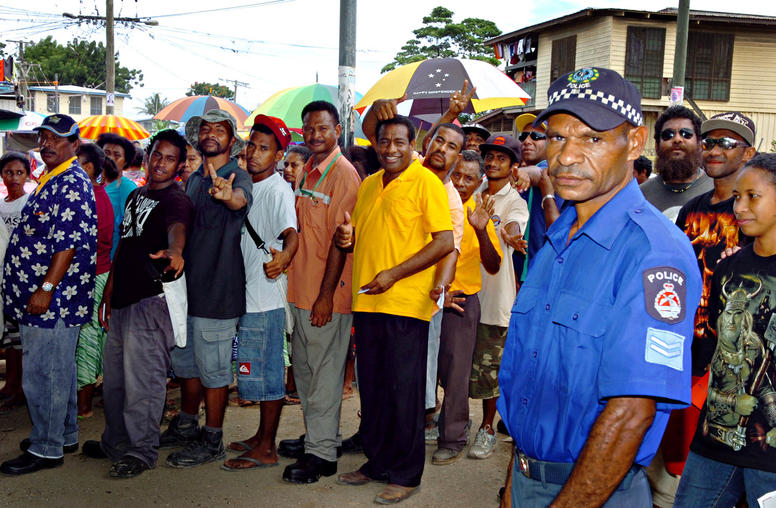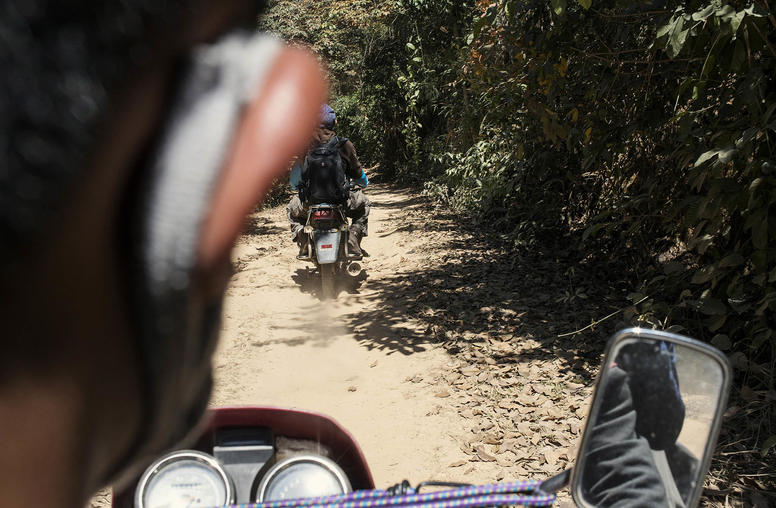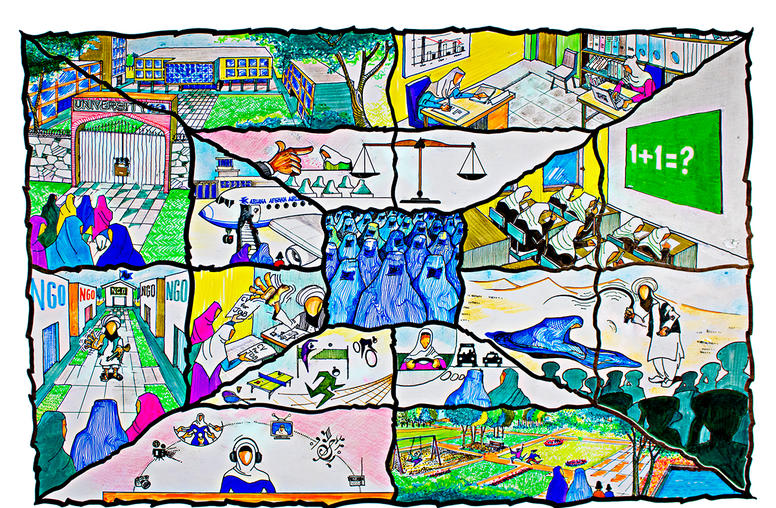Does Community Policing Build Trust in Police and Reduce Crime?
The Evidence in Governance and Politics (EGAP) network has released the findings from its latest Metaketa research study, which examines the question: Does community policing build trust in police and reduce crime? It combines the results of field studies on locally-appropriate community policing practices in Brazil, Colombia, Liberia, Pakistan, the Philippines, and Uganda. The study found that implementing practices such as foot patrols, town halls, reporting hotlines, and problem-oriented policing to improve police-community interaction failed to increase trust in police or reduce crime rates. The results suggest that there are structural changes that societies may need to address before community policing practices can succeed.
On December 14, USIP hosted security sector experts and practitioners for an in-depth look at EGAP’s Metaketa results — as well as a discussion on how we can use these important findings to help shape the future of community policing.
Take part in the conversation on Twitter with #PolicingEvidence.
Speakers
Presenters
Graeme Blair
Assistant Professor, University of California Los Angeles
Dorothy Kronick
Assistant Professor of Political Science, University of Pennsylvania
Nico Ravanilla
Assistant Professor of Political Science, University of California San Diego
Zulfiqar Hameed
Additional Inspector General of Police Operations, Punjab Police
Panelists
Ena Dion
Senior Program Officer, Justice and Security Dialogues, U.S. Institute of Peace
Sandra Pabon
Senior Program Director, Citizen Security Dialogues, U.S. Institute of Peace
‘Kemi Okenyodo
Executive Director, Rule of Law and Empowerment Initiative
Joseph Hewitt, moderator
Vice President of Policy, Learning, and Strategy, U.S. Institute of Peace



